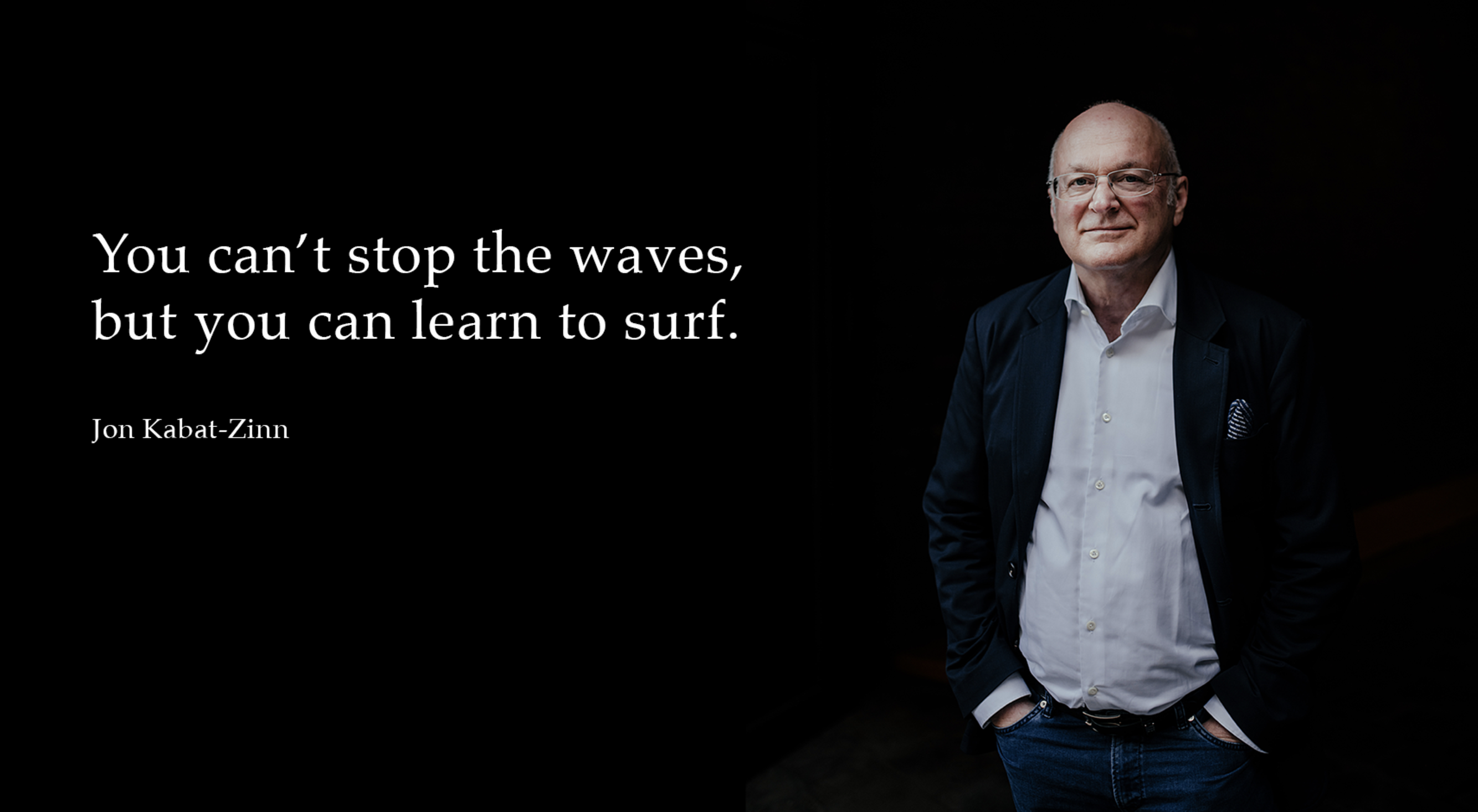Joseph Pelrine | Psychology and Agility

Podcast
Intro
Welcome, Joseph. It is a real honour to meet you. Let's just take a moment to appreciate you and you being with us. Technology is making it easier and simpler for us to expand our minds. It is enabling us to talk with you today about your work. We can't wait to learn more, so let's go!
Q1
Joseph, you have accomplished many impressive things in your career, such as becoming a world-renowned Psychologist. Do you think your life is full or are there any things that you still yearn to achieve? If so, what are these things?
Q2
You say you know how to use and adapt agile methods in order to quickly, efficiently and effectively respond to the predictable and rapidly changing world in which we live in. Could you explain to us how we also do this as humans and is this different to the approach that animals use in nature?
Q3
I am sure that it wasn't easy to accomplish as much as you have. I am sure that you have faced some challenges along the way. If you could say one thing and give advice to your younger self - what would it be and why?
Q4
Artificial Intelligence is arguably taking over our world. Do you think this is benefiting the world? Professor Dave Snowden stated to us that this is the case, but AI gives us back what the most likely and majority opinion is.
Q5
Joseph, you say that you understand how people think and act. Do you know how to predict how people think and act in different scenarios?
Q6
Our brain is truly fascinating. Do you think that we copy things that we see around us unconsciously or do we have more agency and control over our decisions? Would this impact on how we live our lives in a good or bad way? Is copying people a sensible strategy to use?
Q7
I don't know what Scrum is. Could you tell us more and how might this link to us as children in schools? I think it has something to do with being an agile team. Is this correct?
Q8
How do you make sense of your ideas, and where do they come from? We use tools such as graphic schemas to organise and make links between our ideas. How do you do this in your life and what top tips could you give us to make sense of things in our lives?
Q9
Could you tell us more about your role in psychology? I guess that this is all about the brain? Do you therefore help people who have learning disabilities and, if so how?
Q10
We have been learning about values - especially the British Values, for example, liberty, respect, democracy and many more. How do your values shape your decisions in business and have you ever had to turn work down due to your values?
Outro
Well Joseph. You have been remarkable this evening. Sadly, we have to finish this podcast. We could have talked with you for hours and hours more. We have learnt so much. Who would have thought us 11 year-olds could think about what is going on deep inside our brains? Thank you for this extravagant opportunity. We would love to meet you again. Remember, whenever you are diving into the trenches of our sophisticated brain, please hold close, that, Together we can...
Links to resources that inspired the podcast
- a multi-language version of the Stroop test, which I developed to show how - how the power of multiple concurrent stimuli can change recognition and reaction time.
- a few questions from the alternative version of the Cognitive Reflection Test.
"I must say that I was surprised how well the students did on that one".
- Simons & Chabris' classic gorilla test.
The Simons and Chabris "Invisible Gorilla" experiment, a famous study in cognitive psychology, demonstrates inattentional blindness, where people often fail to notice unexpected events when focused on a primary task, even if those events are highly visible.
And I can help you
The quote above, from Jon Kabat-Zinn, is one of my life mottos.
The unpredictable and rapidly-changing world in which we live demands a lot from us. Sometimes even more than we can deal with alone. As a psychologist who has worked with agile methods since the beginning, I specialise in helping people, teams, and organisations not only to adapt to, but also to pro-actively work at changing the world they live in. I do this utilising state-of-the-art tools and techniques from psychology, social complexity, and agility.
Let me help you learn to surf.
Psychology
As a trained psychologist, I understand not only how people think and act, and how to help them improve. I also know how to ask the right questions, and how to correctly interpret the answers.
Social Complexity
Having worked in the field of social complexity since the early 2000's, I understand the subtle actions and interactions that make up team dynamics, and how to optimise the self-organisation, emergence, and co-evolution in social complex systems.
Agility
As one of Europe's pioneers of agile, having worked in many domains and positions ranging from developer to manager, I know how to use and adapt agile methods in order to be able to quickly, efficiently, and effectively respond to the unpredictable and rapidly-changing world in which we live.
https://www.josephpelrine.com/
Services
Since the text above is a bit abstract, here's an overview of some of the services I provide to my clients.
- Trusted advisory, coaching, and consulting services to both senior and
technical management and staff. - Design, administration, and interpretation of psychometrically validated tests and assessments.
- Interim management (CTO, CIO, CDO).
- Design, lead, and support for sustainable transformation efforts.
- Training in agile, complexity, and psychology-related topics
(including Scrum Alliance Certified ScrumMaster and Product Owner trainings).
